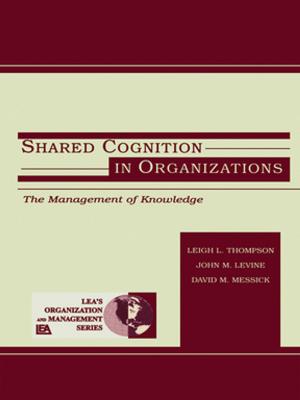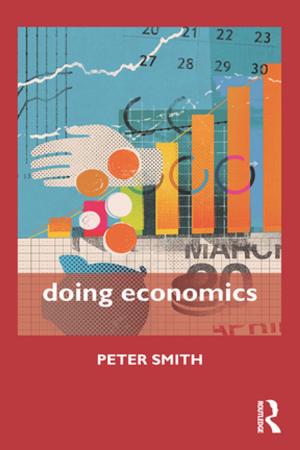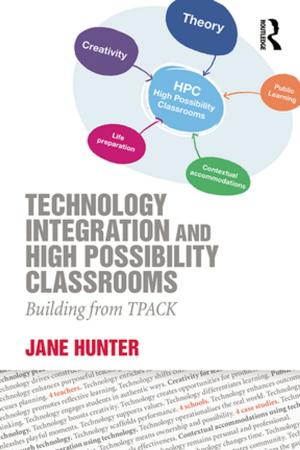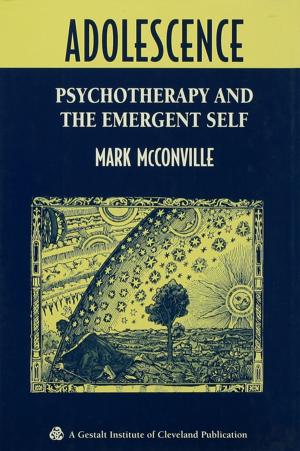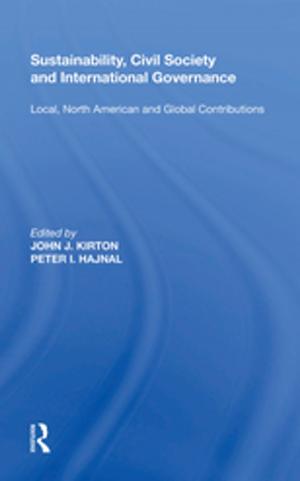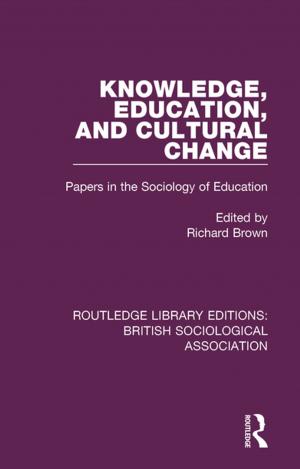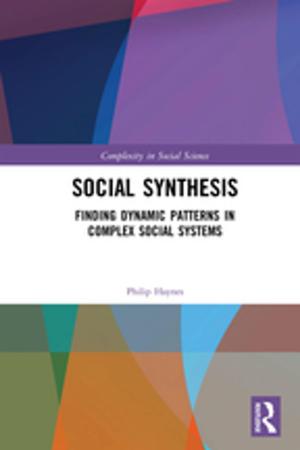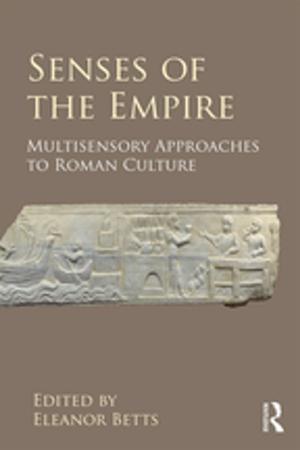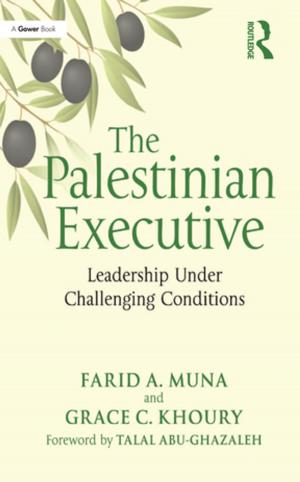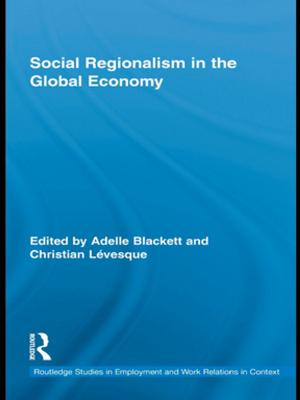The Capability Approach and Sustainability
Nonfiction, Social & Cultural Studies, Social Science, Human Geography| Author: | ISBN: | 9781134912339 | |
| Publisher: | Taylor and Francis | Publication: | March 16, 2016 |
| Imprint: | Routledge | Language: | English |
| Author: | |
| ISBN: | 9781134912339 |
| Publisher: | Taylor and Francis |
| Publication: | March 16, 2016 |
| Imprint: | Routledge |
| Language: | English |
This is the first book dedicated exclusively to the question of the relationships between sustainability and the capability approach. It is rather astonishing that the issue of sustainability first posed by the Brundtland commission in 1987 has gained so little attention from capability scholars despite the approach’s focus on human well-being. This book starts with a seminal contribution by Sen on the "Ends and Means of Sustainability" delivered as a keynote in 2000. All contributions to the book focus on the difficulties that arise from a freedom-oriented view of sustainability: they argue for taking note of the impact of human life on nature, they question the meaning of intergenerational justice when measured in the currency of "substantive freedoms" (capabilities), they raise the issue of collective responsibility and suggest ways to model and operationalize the capability approach to sustainable development. The book presents the state of the art concerning "The capability approach and sustainability" while admitting that it is only a first contribution to a growing field that deserves our attention: Defining what is to be sustained and asking how it can be sustained.
This book was published as a special issue of the Journal of Human Development and Capabilities.
This is the first book dedicated exclusively to the question of the relationships between sustainability and the capability approach. It is rather astonishing that the issue of sustainability first posed by the Brundtland commission in 1987 has gained so little attention from capability scholars despite the approach’s focus on human well-being. This book starts with a seminal contribution by Sen on the "Ends and Means of Sustainability" delivered as a keynote in 2000. All contributions to the book focus on the difficulties that arise from a freedom-oriented view of sustainability: they argue for taking note of the impact of human life on nature, they question the meaning of intergenerational justice when measured in the currency of "substantive freedoms" (capabilities), they raise the issue of collective responsibility and suggest ways to model and operationalize the capability approach to sustainable development. The book presents the state of the art concerning "The capability approach and sustainability" while admitting that it is only a first contribution to a growing field that deserves our attention: Defining what is to be sustained and asking how it can be sustained.
This book was published as a special issue of the Journal of Human Development and Capabilities.

